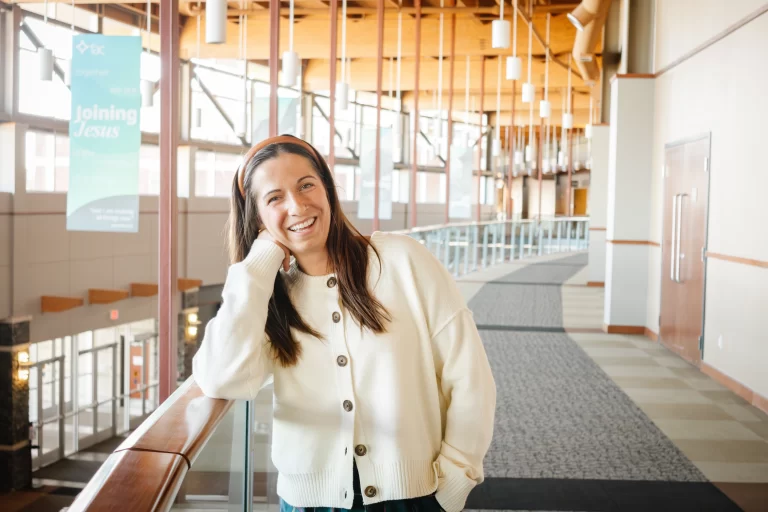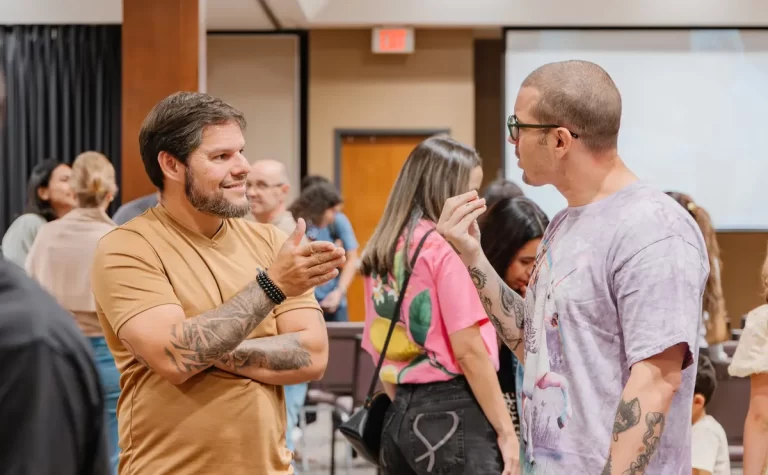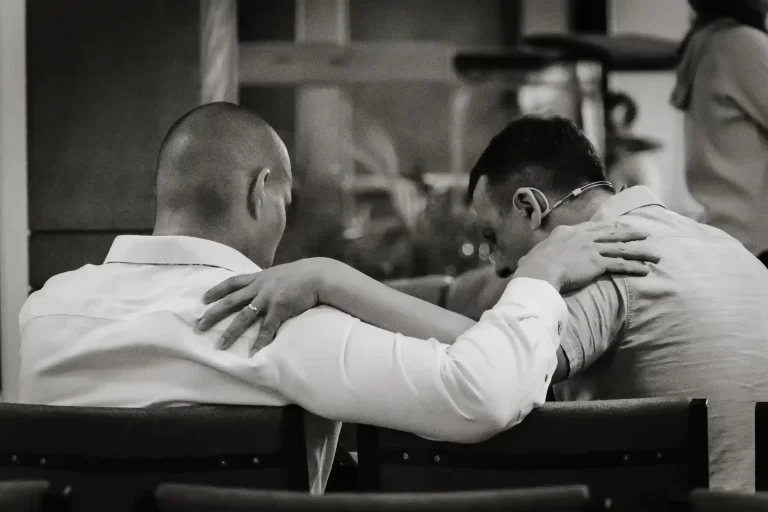
Care For the Invisible: We See You!
 Some weeks ago, I was in a care conference discussing matters of care as they pertained to a particular person. One of the things that stood out to me in that meeting was the sheer number of people it took to provide quality care for one person with complex needs. It gave me a newfound respect for every caregiver, often unseen; often physically, mentally and emotionally stretched, every hour of every day, caring for their loved one.
Some weeks ago, I was in a care conference discussing matters of care as they pertained to a particular person. One of the things that stood out to me in that meeting was the sheer number of people it took to provide quality care for one person with complex needs. It gave me a newfound respect for every caregiver, often unseen; often physically, mentally and emotionally stretched, every hour of every day, caring for their loved one.
In my line of work, I hear the word ‘care’ so often. My one concern is that I never get desensitized to it. Care is significantly valuable and honourable, yet it is an easy word to simply throw around. The mantle of care often falls upon family members who don’t necessarily choose to be caregivers or care receivers, but find themselves on a path of life, outside of their control.
In his book “The Power of Presence,” Neil Anderson describes how after 50 years of marriage (including 40 years of an active Christian ministry which has impacted thousands of people around the world), his wife Joanne developed dementia and he became her full-time primary caregiver. Neil‘s book describes some of the challenges he and Joanne experienced in their respective roles of caregiver and care receiver, and how while suffering, they were able to discover and enjoy the loving and peaceful presence of God together. It is fascinating that whether we are receiving or giving it, care that honours God draws us closer to His heart because it reflects the essence of His character which is love.
Caring is something we are all called to from the moment we are born. Think about it, the crying baby does so because she cares to survive. The doting father does so because he cares to provide. The surgeon breaks open a person’s skin (ouch!) because they care to repair it.
Care is like the breath in our nostrils — something that comes so naturally it’s often overlooked.
In fact, in most circumstances, we are hardly aware that we are breathing. But here are two instances that bring our awareness to the forefront – intentionality and challenge. Have you noticed that you become more aware of your breathing when you choose to notice it or when it becomes more demanding or difficult? Similarly, it is often the case that intention and challenge also make care more visible. Yet, our intentionality can also alleviate some of our challenge.
Care is a ministry (a highly honourable work or office) that stands the risk of being overlooked. Many caregivers leave home and go to work or church wearing a masking smile so that no one sees the invisible cloud of responsibility and pain that hangs over their heads. As Christians, we are instructed by God to be intentional about caring and to see our neighbour as we see ourselves. Jesus summed up all of God’s commandments into two – ‘Love the Lord your God with all your heart, soul, strength and mind’ and ‘Love your neighbour as yourself’ (Luke 10:27).
The Good Samaritan
When asked ‘Who is our ‘neighbour’?’ Jesus told the story popularly known as ‘The Good Samaritan’ (Luke 10:30-36). A man had been attacked by robbers and left for dead; two important officials passed him by without stopping to care, but it was a person from a seemingly invisible minority, a Samaritan, who stopped to show mercy and care for him.
There are several characters in the story of the Good Samaritan but let me highlight the following three – the injured man (the care receiver), the Samaritan (the caregiver), and the innkeeper (the helper). The injured man was the care receiver, and to some he was invisible. The inconvenience he posed made it easier to walk away from him, not make eye contact, and allow him to be someone else’s problem. The position of the care receiver is an extremely challenging one. It is hard to find oneself in a position of dependence on others and needing care, but it is also humbling. We must remember that even Jesus allowed himself to receive care from others (see Mark 14:8 and 15:46). In Jesus’ parable, the one who needed care was visible to God, therefore He sent him a caregiver – the Samaritan.
We can learn a few things from the Samaritan’s demonstration of the caregiver role. Care costs something, it is a sacrifice. It can force us to make an unwanted detour in life and spend ourselves, and often, it is thankless. The Samaritan was not at liberty to walk away from the injured man because Jesus teaches a better way in which we show mercy to those in need. To the common eye, the Samaritan was invisible, but not in God’s eyes, therefore God provided a helper – the innkeeper.
The Samaritan wisely realized that he needed help to provide quality care for the injured man, so he took him to an inn (a place of refuge) and said to the innkeeper, ‘Look after him’ (Luke 10:35). Every caregiver needs an innkeeper, someone whose knowledge, skills and availability can ease the burden and improve the quality of care for the recipient. Sometimes innkeepers come in the form of healthcare workers, case workers, or the church family. When Jesus referred to the innkeeper, he was referring to the power of community and the impact it makes when we care together, because care is better when it is a team effort.
Many caregivers are prone to thinking about others (especially the person they are primary care for), before thinking about themselves. This is a noble character trait, but it makes caregivers particularly vulnerable to burnout. At this time, we must turn our attention to the difference Christ makes in caregiving. Care receives an upgrade when it is done through the empowerment of Christ. So, I will highlight four things that Jesus exemplified to us – faithfulness, dependence on God, rest, and community.
You may or may not have found yourself in the story of the Good Samaritan, but it is inevitable that one day we all will. The cycle of care means that the recipient, the caregiver, and the helper all need support, and none of them should be invisible. As a church family, we want to ensure that no one is invisible; we want to see you and make sure there is a place for you among people with helping hands, listening ears or a shared experience.
The position of need is challenging to navigate, but we must be intentional in seeking and providing help. Care involves the liberty to give and receive; as Jesus said, “Blessed are the merciful for they will be shown mercy” (Matthew 5:7). Through care, we ought to allow ourselves to give and to receive; we take the time to build our faith and dependence on God; we prioritize our own wellbeing (put our oxygen mask on before we help others); and we choose to do life in community.
Written by Tolu Solola, the Care & Support Pastor
Are you feeling more worn out than joy this season? You’re not alone; Jesus sees you! Here are some support groups and resources available for you through FAC:



